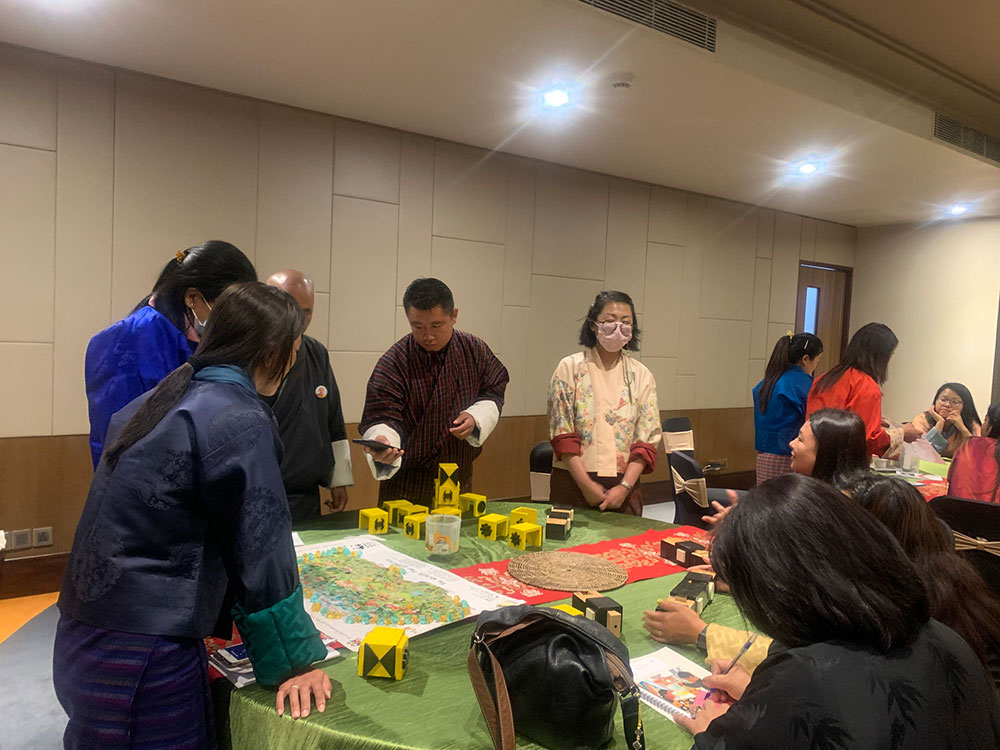Staff Reporter
Organisations working for children and persons with disabilities recommended forming a consortium to help coordinate efforts and drive a collective voice and action on common agenda.
The organisations met recently during a two-day seminar to raise awareness on the rights, social and economic inclusion of children and persons with disabilities organised by the Ability Bhutan Society (ABS), Bhutan Foundation and Perkins International on December 2 in Thimphu.
According to a press release from the ABS, the consortium can serve as a platform for stakeholders to network, harmonise plans and actions and collectively push the disability and inclusive agenda.
The participants noted that despite the adoption of disability policy in 2010, the expansion of special education needs (SEN) programmes and various guidelines and standards put in place “much remains to be done in addressing the gap between policy and implementation.”
The national policy on PWD has clauses to develop strategies to make reasonable accommodations and incorporate universal designs in new education infrastructure.
ABS, however, mentions the absence of infrastructure requiring a parent to carry a child to access school facilities like the toilet.
The conference with the theme, Transformative Solution for Inclusive Development in Bhutan, aimed to create awareness of the existing services and policies and bring PWDs closer to the community.
The participants–teachers, educators, early childhood care and development (ECCD) facilitators, SEN Aid, parents and caregivers, persons with disabilities (PWDs) and civil sector organisation representatives–during the seminar made 10 recommendations to improve services and minimize the impact of disability.
The recommendations were on leveraging the potential of technology for the development of assistive technology to improve accessibility and inclusion and reviewing the current model of SEN schools to expand understanding and integration of inclusive education.
Proposing a single curriculum with pedagogy and assessment that ensures choices and meets individual needs and strengthen the capacity of teacher and ECCD facilitators were some of the recommendations made during the conference.


